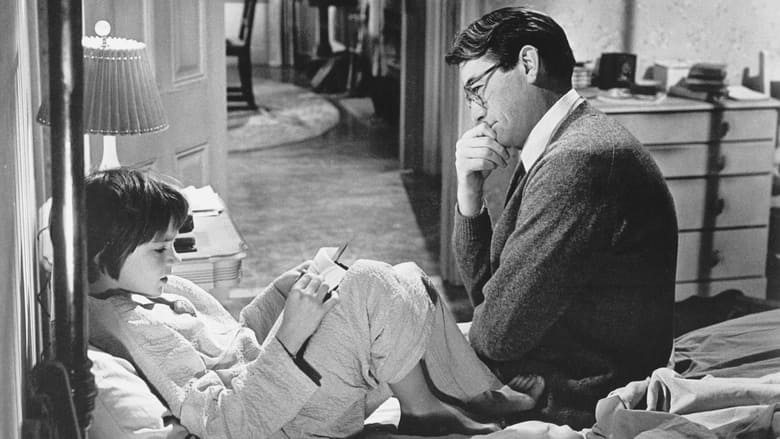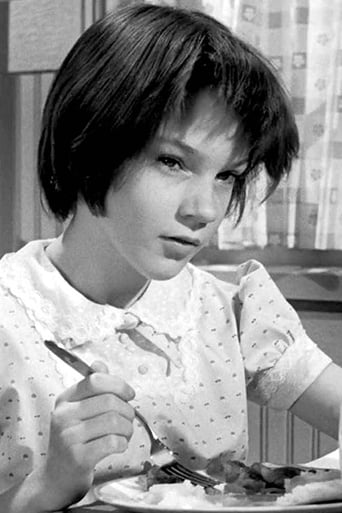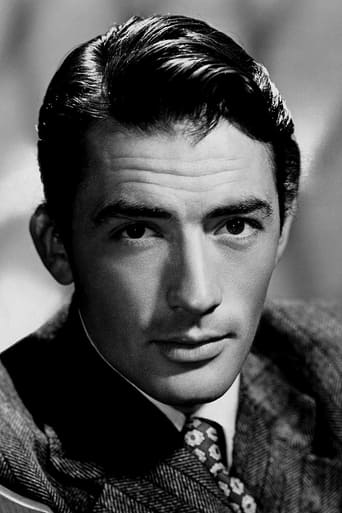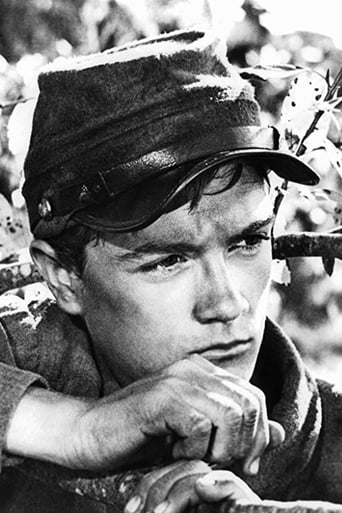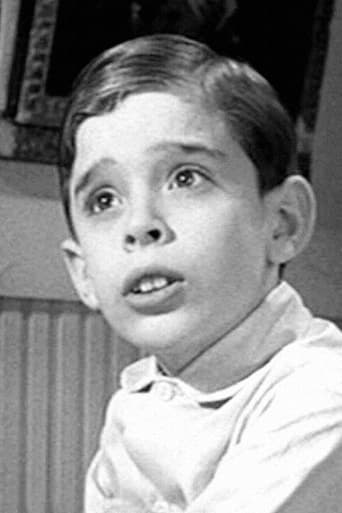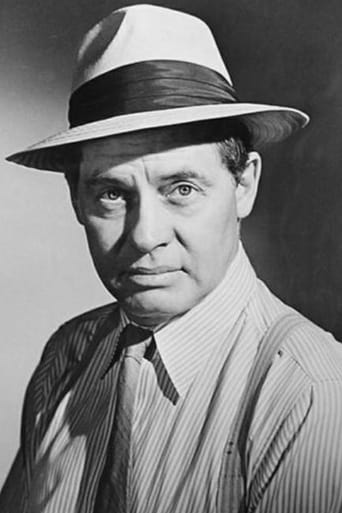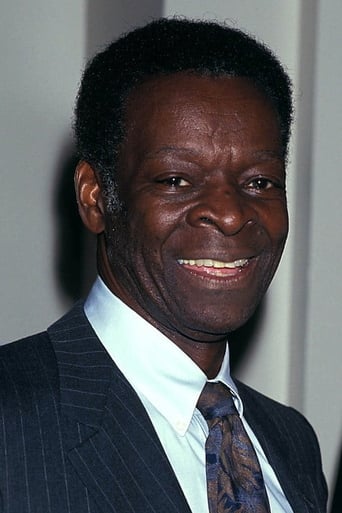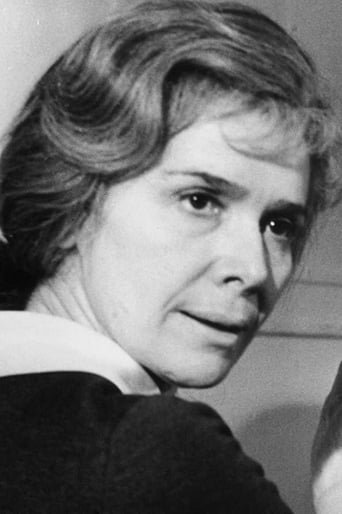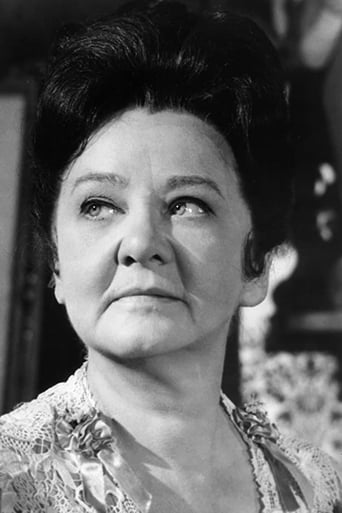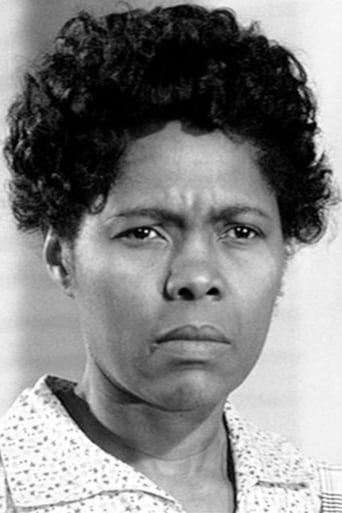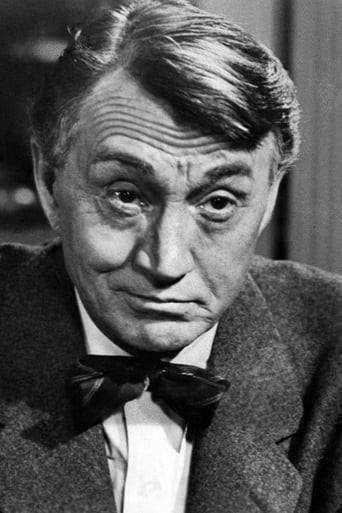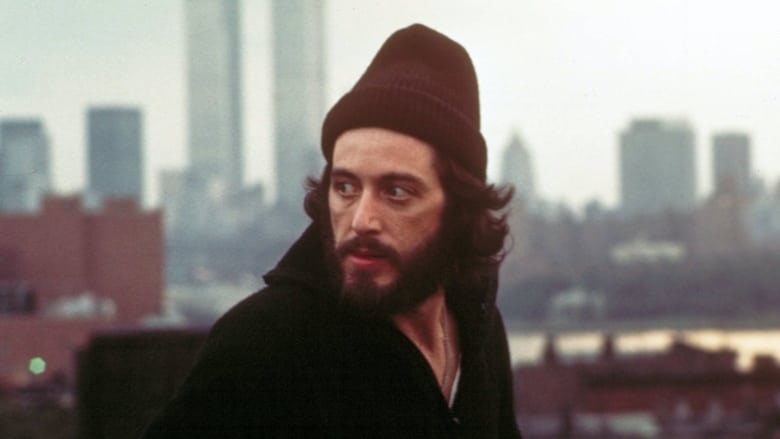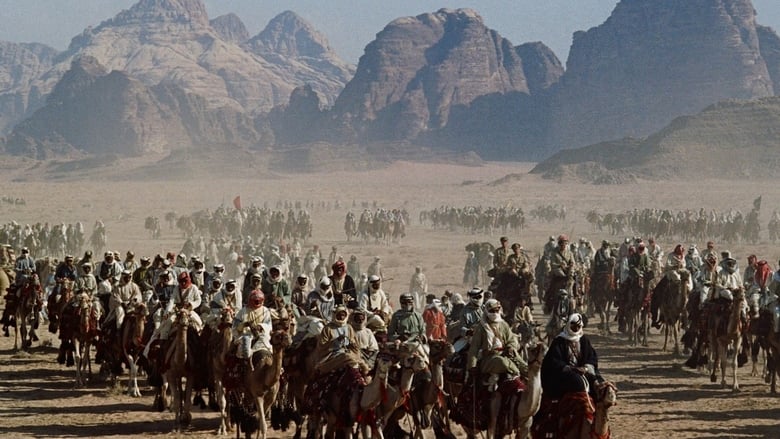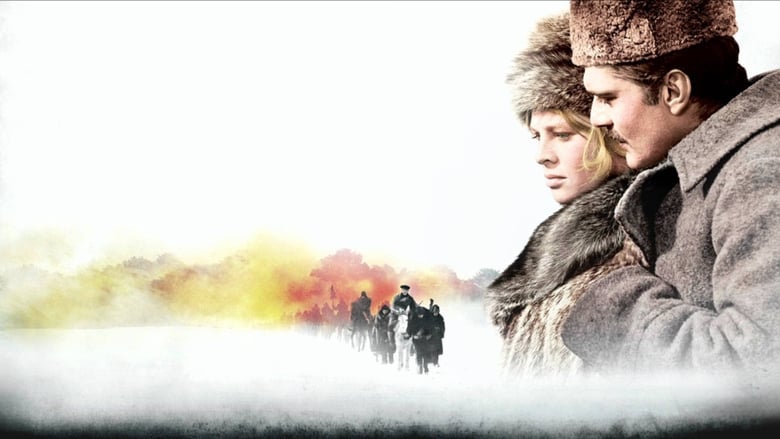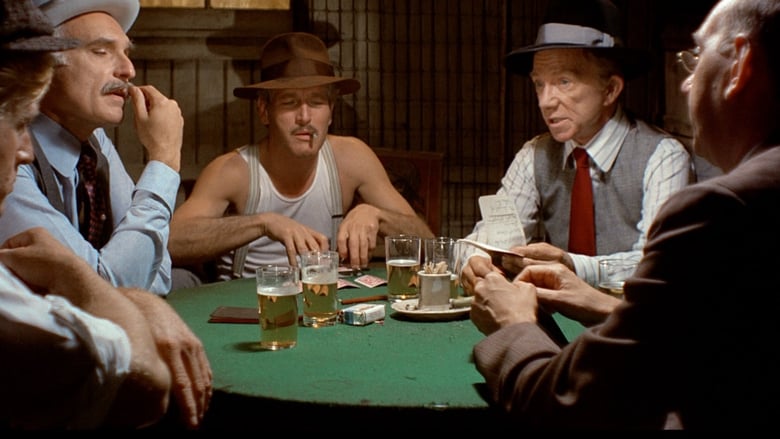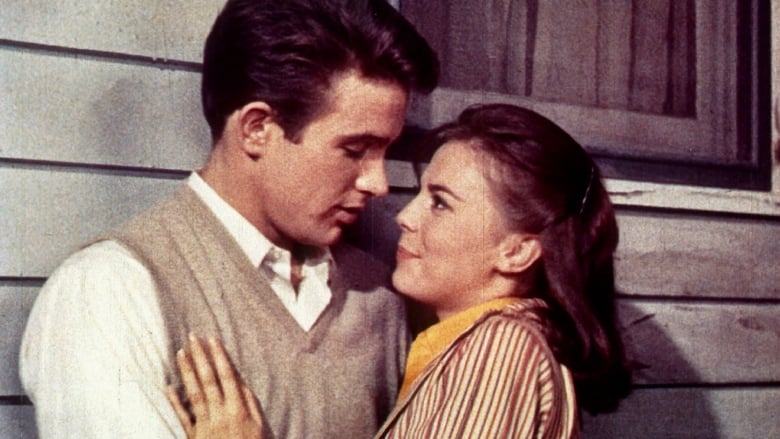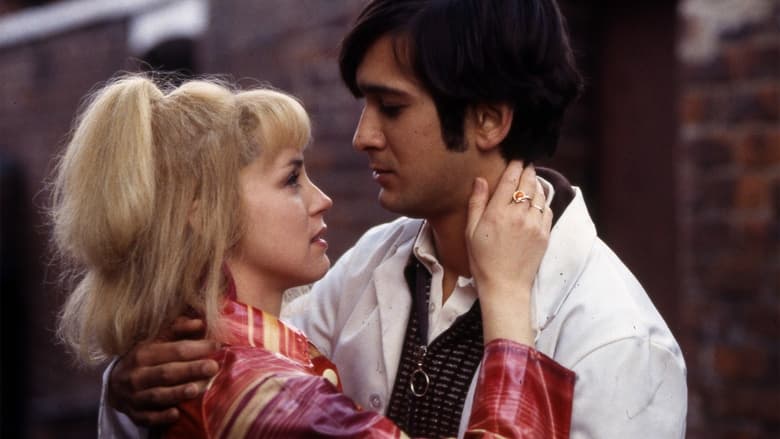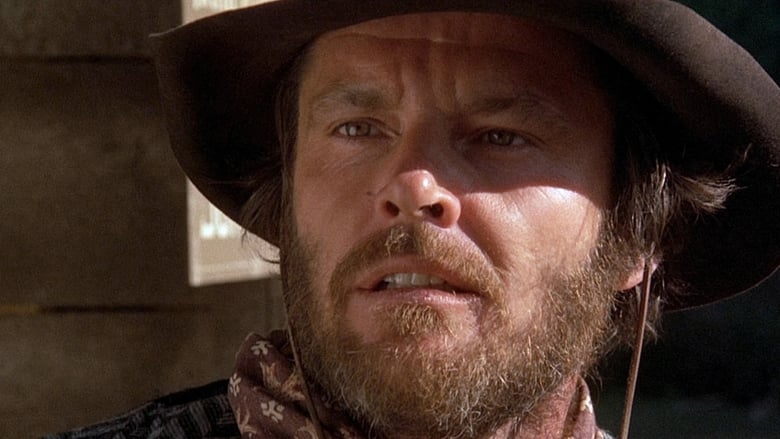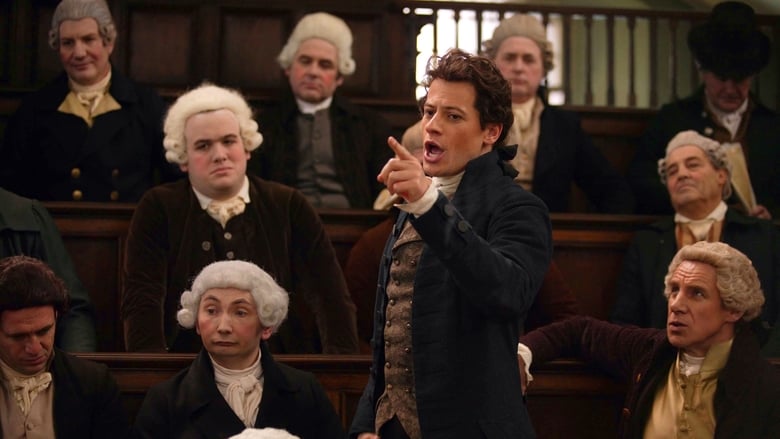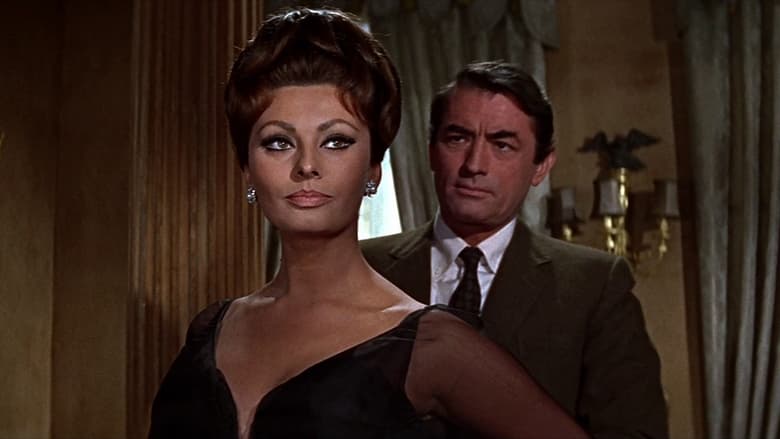Scout Finch, 6, and her older brother Jem live in sleepy Maycomb, Alabama, spending much of their time with their friend Dill and spying on their reclusive and mysterious neighbor, Boo Radley. When Atticus, their widowed father and a respected lawyer, defends a black man named Tom Robinson against fabricated rape charges, the trial and tangent events expose the children to evils of racism and stereotyping.


Similar titles
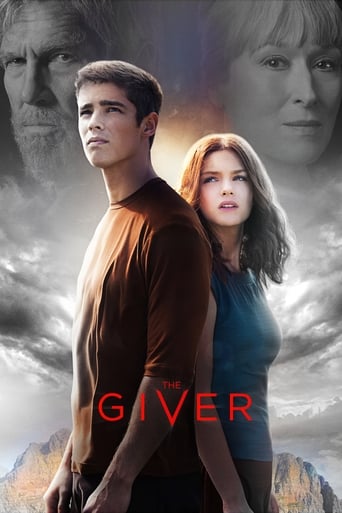
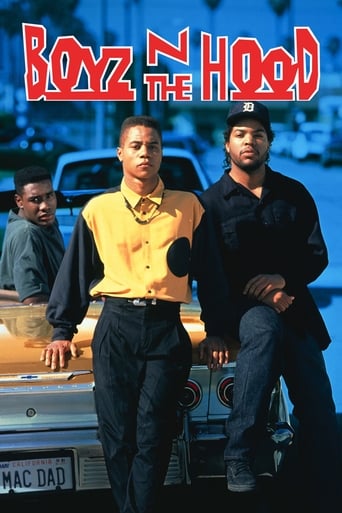
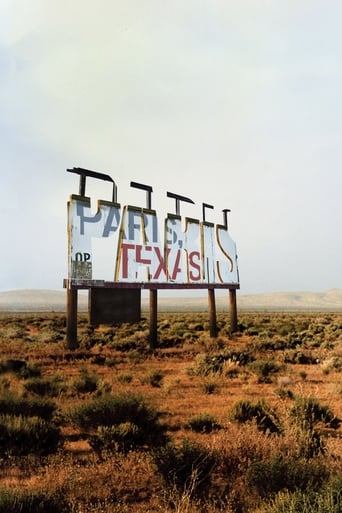



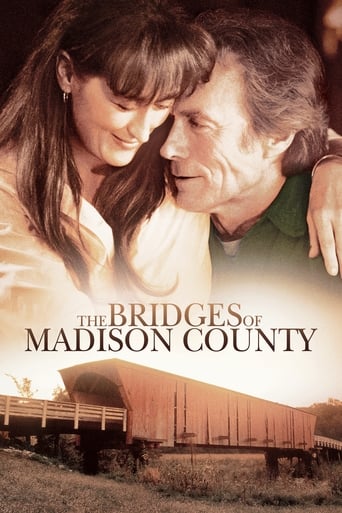



Reviews
In my experience, this may be the best adaptation of a novel that Hollywood has ever produced, the story having been taken from the novel of the same name by Harper Lee. It's a story about racism in the Depression-era South. It's a coming of age story for young Scout and Jem, who watch their father Atticus doggedly defend a black man accused of beating and raping a young white woman. It features magnificent performances from pretty much the entire cast. Young Mary Badham was actually nominated for an Oscar for Best Supporting Actress for her performance as Scout - but then, perhaps surprisingly, she went on to do very little acting. And what can one say about Gregory Peck as Atticus Finch. This may well have been his best performance; when I think of Gregory Peck it's certainly Atticus Finch who comes into my mind. There's an incredible mix of well known names in the supporting cast: Brock Peters, William Windom, Paul Fix and even a very young Robert Duvall. And there really isn't a weak performance among them. Most of the attention around "To Kill A Mockingbird" is usually focused on the performances, and especially Peck, but I want to pay special tribute to the directing.Director Robert Mulligan did a superb job as well, and while he went on to direct a number of other movies, this surely was his finest job. There's a very good pace to this movie. It starts out slowly, painting an almost idyllic picture of life in this small town in the South, focusing on Scout and Jem and their friend Dill. It's summer, school is out and they're just kids having fun. It's a casual and carefree existence, they spend most of their time outside, sometimes getting into mischief, sometimes investigating some of the town's mysteries - one of which revolves around the story of Boo, a local boy supposedly kept chained in his basement by his father. You get the feeling that if there was anyplace you wanted to grow up as a child, it was right here in Maycomb, Alabama in the 1930's - Depression or not. Until Mayella is attacked, and Tom Robinson (a black man) is accused, and Atticus is assigned to defend him. Then the story becomes dark, the racism starts to be seen; the gulf between black and white must be a shock to Scout and Jem, whose exposure to black people to this point has been to friendly Calpurnia, who kept house for their widowed father and looked after them and was more or less part of the family. Mulligan picks up the pace of the movie once the trial starts. The trial proceeds at a frenetic pace - seemingly it all takes place in a single day, which perhaps makes the point that even with Atticus doing his best and making clear the truth of what had actually happened, there was going to be no long consideration of the facts - just a rush to a pre-ordained judgement, followed by a tragedy. Then there's the suspense of what happened to Scout and Jem on their "longest journey" - as the adult Scout (who serves as kind of the narrator) calls it in a voice over. But once that finishes, Mulligan changes the pace again, and the story slows down as the mystery of Boo from the beginning of the movie is revealed, and the film concludes on a very gentle and moving note. Just superb pacing from Mulligan. He was nominated for the Oscar as Best Director in 1963, but lost to David Lean's turn directing "Lawrence of Arabia." Both were fine movies, but I'd have given the nod to Mulligan.You could criticize the movie for downplaying to an extent the reality of racism. It really doesn't give us any glimpse into what it was like to be black in Maycomb - it gives far more of a white perspective on the issue of racism. But that's exactly what the novel was of course - a depiction of life in small town Alabama using Harper Lee's own upbringing as a model. I also thought that the combination of the depiction of small town life (and especially the focus at the beginning and the end on Boo) was perhaps a bit awkwardly combined with the rape trial and the reflection on racism, although Boo himself becomes an example of yet another misunderstood figure in the town. Atticus comes across as almost too good to be true. But, really, there's very little to criticize about this movie, which deserves to be thought of as a classic. (9/10)
Listen, there's nothing wrong with changing a few things in an adaptation of a book, but really? If you haven't read the book, but you seen the movie, you're probably thinking "oh this is a pretty good movie", but if you've ready the book, get read for a dissapointment. The acting is good, but it's not entirely faithful to the book and that's what is bothering me. This movie is definitely not bad, it is watchable, but it is mediocre in my mind.
To Kill a Mockingbird brought to light the injustice of racial segregation during a time in America in which it couldn't have been needed more. It shows how even when a black man is proven without any reasonable doubt to be innocent of a crime how he can never truly receive fair treatment. Rather, due to his skin color he is found guilty of the crime anyway and later is killed for it, though not executed by any legal means. This only exemplified the way America viewed Blacks during the Jim Crow Era, as second class citizens or to some much more racist groups, animals. The movie was entertaining to a fault and shows how to a child, everyone is equal and that it is a child's innocence that makes them unique. As odd as that is to see in a movie, when a child sees the good in someone when everyone else refuses to or the child makes a grown man feel ashamed for doing something wrong it makes the film that much better!
Hate to use the cliché - not as good as the book. What's the right way to criticize a classic such as this? Well, to dull the critique lets get done with the obvious - Peck is impeccable as Atticus Finch, who is perhaps the nicest nice guy in American fiction. Where the movie disappoints (in comparison with the book) is in generous omissions, some areas of over-emphasis, and some downright erroneous messaging.Omissions: The entire Ms.Dubose episode is omitted. That part brought out Finch's sense of fairness and Jem's growing up. The conflicts within Finch's family on his taking up the Robinson case are down away with. Jem, Scout and Dill really do not have that much to do in the movie as they do in the book. Calpurina has nothing to do in the movie (the church portion isn't part of the movie's script) whereas in the book, her influence on the children is substantial.Over-emphasis: The courtroom scene dominates. The movie rushes to the trial, stays there for a while, and removes much of the subtlety the book had in this portion in favor of drama.Lost messaging: Per the movie, only the Ewell's are downright racist, the mob that tries to lynch Tom Robinson is incidentally racist, and the rest of the town is ambivalent. The book brought out how lonely Finch was in his stand. Also, beyond racism, Finch's morality and humanism doesn't quite come out. About 3-4 lines in the book that really brought out everything about him are sacrilegiously omitted in the movie - the part where he says the one thing that does not abide by majority opinion is a person's conscience. The scene between him and Scout is there, but those words, those golden words are not.Worth a one time watch but if you love the book, you will be disappointed. Fair warning.

